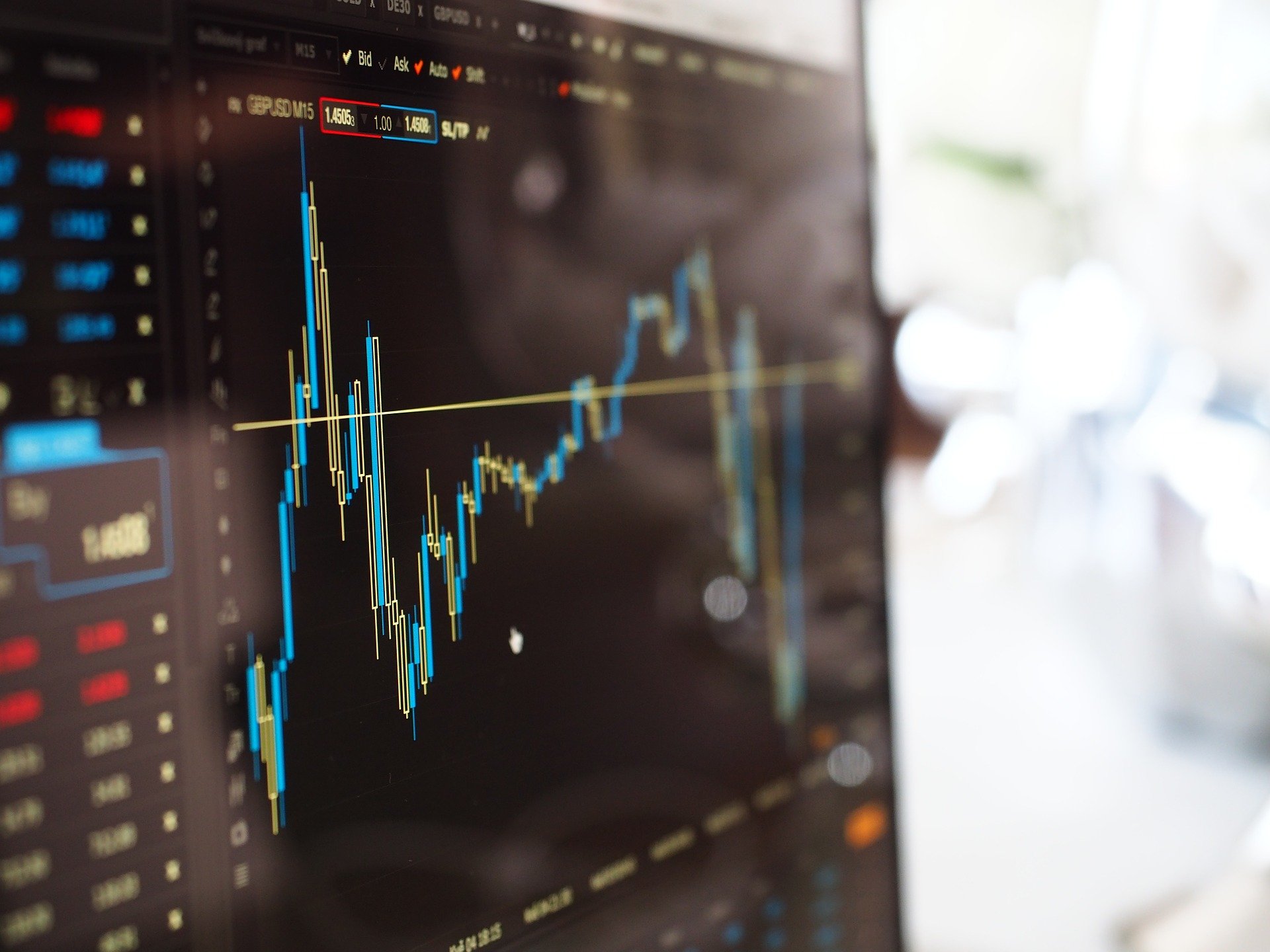EQUITIES
Asia-Pacific stocks were mostly lower in Wednesday trade, led by the South Korea’s KOSPI at 1.45% lower. Hong Kong’s Hang Seng index meanwhile slipped 0.85%, and the Shanghai composite in mainland China dipped 0.81%. The S&P/ASX 200 in Australia declined 0.25%. Over in Southeast Asia, the Straits Times index fell 0.37%. The Nikkei 225 in Japan was flat.
Overnight on Wall Street, the Dow Jones Industrial Average jumped 214.59 points to 36,799.65. Other major indexes stateside declined amid the spike in bond yields as investors rotated out of tech stocks. The tech-heavy Nasdaq Composite dropped 1.33% to 15,622.72 while the S&P 500 ended slightly weaker after hitting an intraday all-time high, to 4,793.54.
OIL
Oil prices drifted down on Wednesday, giving up some of the previous session's gains. Rising fuel stockpiles in the U.S. raised concerns of declining demand in the world's biggest oil consumer amid a massive spike in COVID-19 cases caused by the Omicron variant.
U.S. gasoline stockpiles rose by 7.1 million barrels in the week to Dec. 31, the API reported on Tuesday. Distillate stockpiles climbed by 4.4 million barrels in the week.
Meanwhile the OPEC+ agreed to add another 400,000 bpd of supply in February, as it has every month since August.
The Brent now traded at $79.85 per barrel, and U.S. crude futures traded at $76.85 per barrel.
Overnight, the Brent futures ends at $80.00 a barrel, while the WTI crude oil prices closed to $76.99 per barrel.
CURRENCIES
Investors monitored interest rates in the bond market, with U.S. Treasury yields rising at the fastest new year pace in two decades. The benchmark 10-year U.S. Treasury yield rose to as high as 1.71% on Tuesday, a six-week high, before last sitting at 1.656% on Wednesday.
The U.S. dollar index, which tracks the greenback against a basket of its peers, was at 96.261 — still holding on to gains following its climb from below 96 earlier in the week.
GOLD
Gold prices were flat as higher U.S. Treasury yields offset safe-haven buying sentiment due to an Omicron-driven surge in COVID-19 infections globally.
Spot gold remained mostly unchanged at $1,804.90 per ounce, while the U.S. gold futures at $1,815.40.
ECONOMIC OUTLOOK
Asian stocks slipped on Wednesday, as technology stocks in the region came under pressure amid rising U.S. bond yields, aside from monitoring the risks posed by the Omicron variant.
Technology stocks, whose future earnings are less attractive to investors when yields are higher, tend to be hit when rates rise, though banks and industrial names were boosted.
Hong Kong-listed shares of Tencent fell 3.47%, Meituan plunged 9.43%, Kuaishou was down 6.23%, and Alibaba dropped 0.26%. The Hang Seng Tech index traded 3.40% lower. Elsewhere in the region, South Korea’s Samsung Electronics dropped 2.54% while Kakao fell 4.93%. In Australia, shares of Afterpay slipped 4.63%.
U.S. yields rose as bond investors geared up for interest rate hikes from the Federal Reserve by mid-year to curb stubbornly high inflation. The U.S. central bank said last month it would end its pandemic-era bond buying in 2022, signalling at least three interest rate hikes for the year. Minutes from the Fed's December meeting, due at 1900 GMT, could underscore U.S. policymakers' newfound sensitivity to inflation and their readiness to tighten policy. Partial U.S. labour data on Wednesday and non-farm payrolls on Friday will also be watched for a guide to the trajectory.
Global manufacturing activity remained strong in December as factories took rising cases of the new Omicron coronavirus variant in their stride, although persistent supply constraints and rising costs clouded the outlook for some economies.













